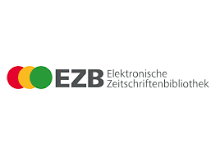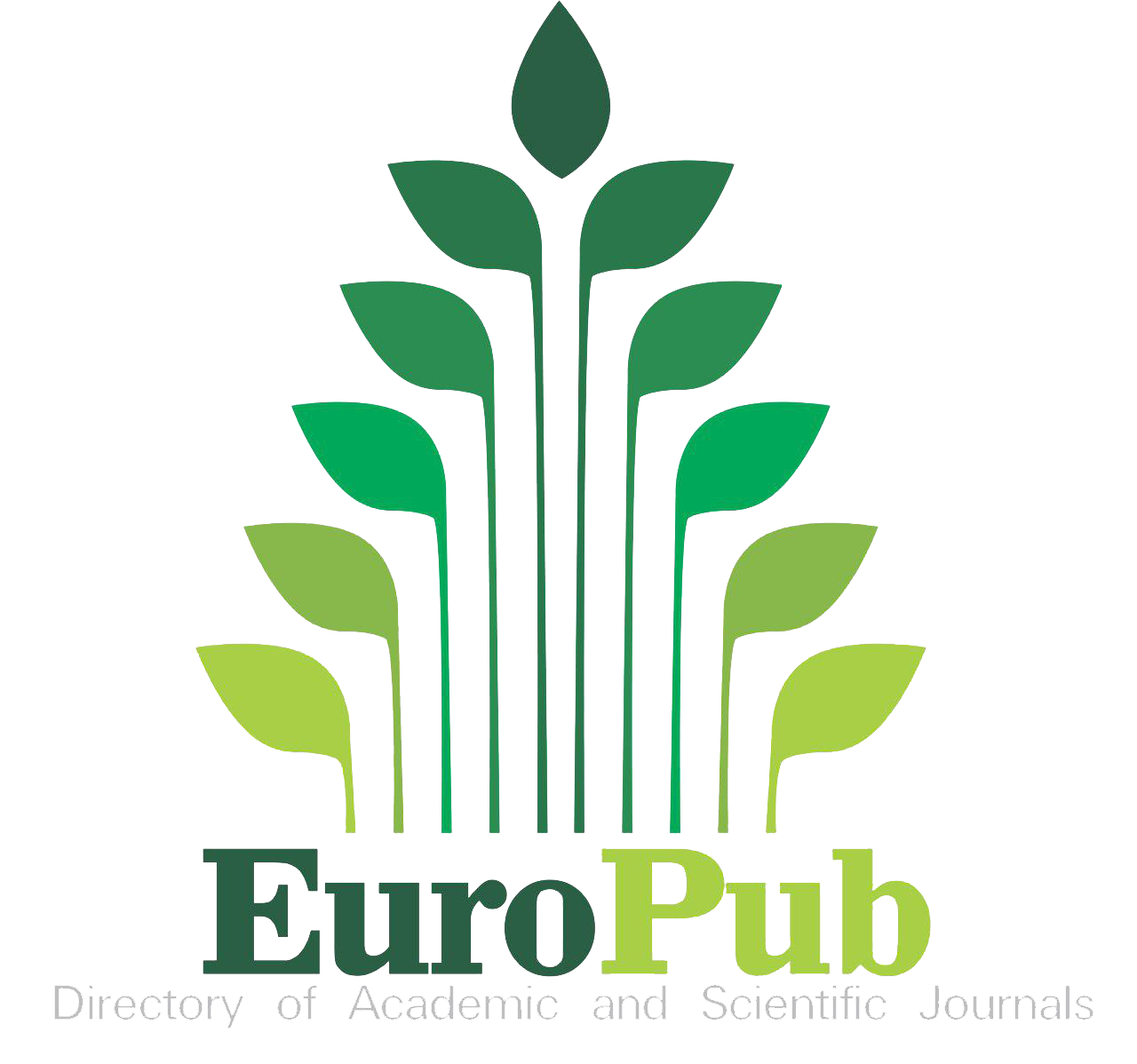Feasibility analysis for the implementation of an ecological cafeteria in the city of Tulcán.
Abstract
This study analyzes the feasibility and sustainability of opening an organic coffee shop in Tulcán, Ecuador, a city with a growing interest in sustainable practices and organic products. A mixed methodology was used, combining qualitative and quantitative elements, focusing on the residents of Tulcán. A sample of 381 people was selected after applying a formula to the economically active population (EAP). The analysis included the local market, competition, consumer preferences and available opportunities. The socioeconomic diagnosis revealed a high demand for sustainable products and a positive receptivity towards responsible consumption, positioning this project as a model for change in the region.


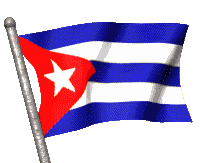









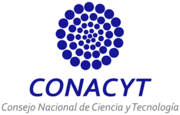
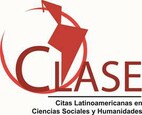















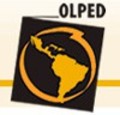



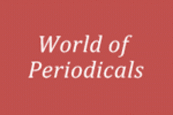
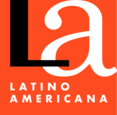

1.png)

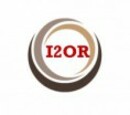





1.png)



